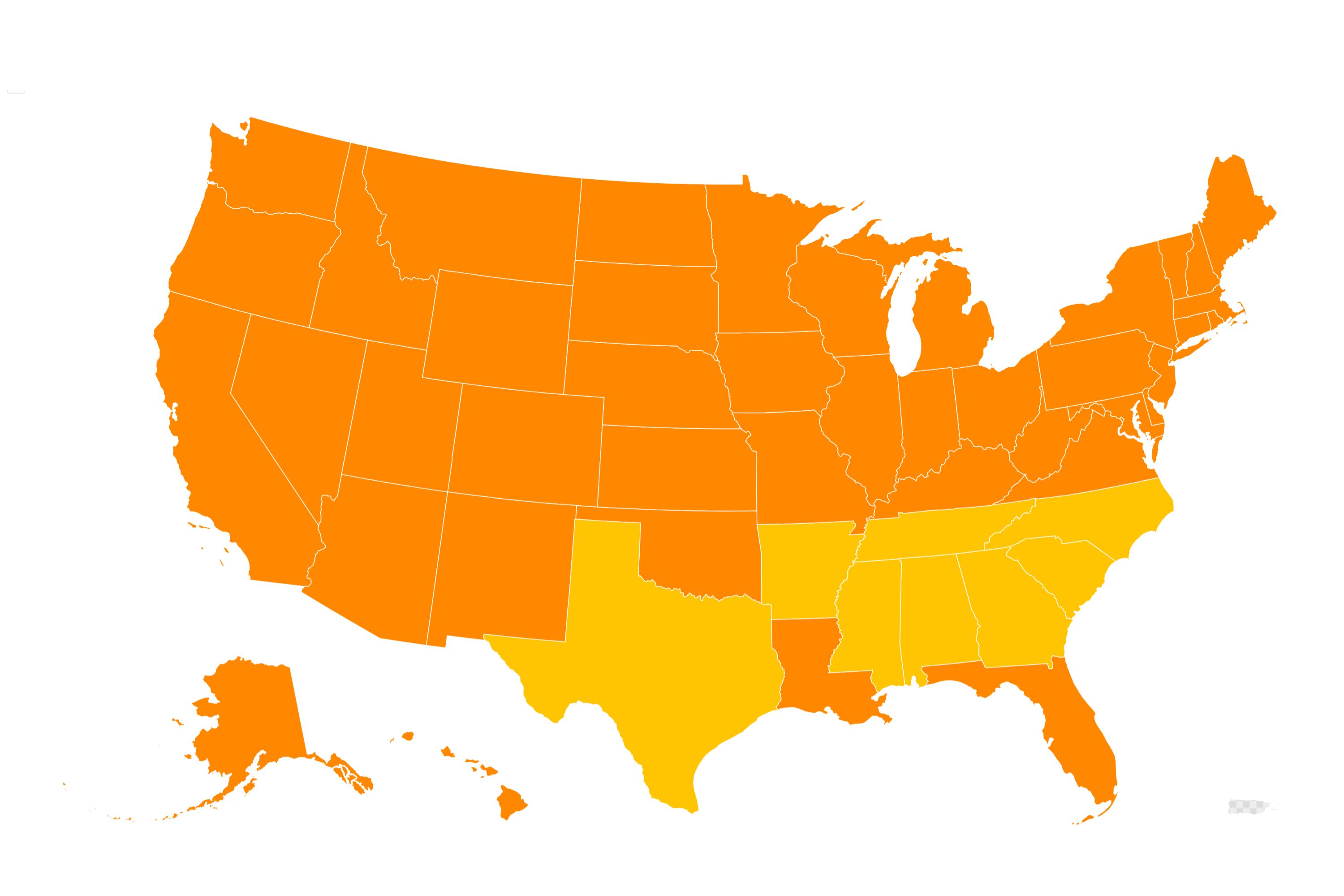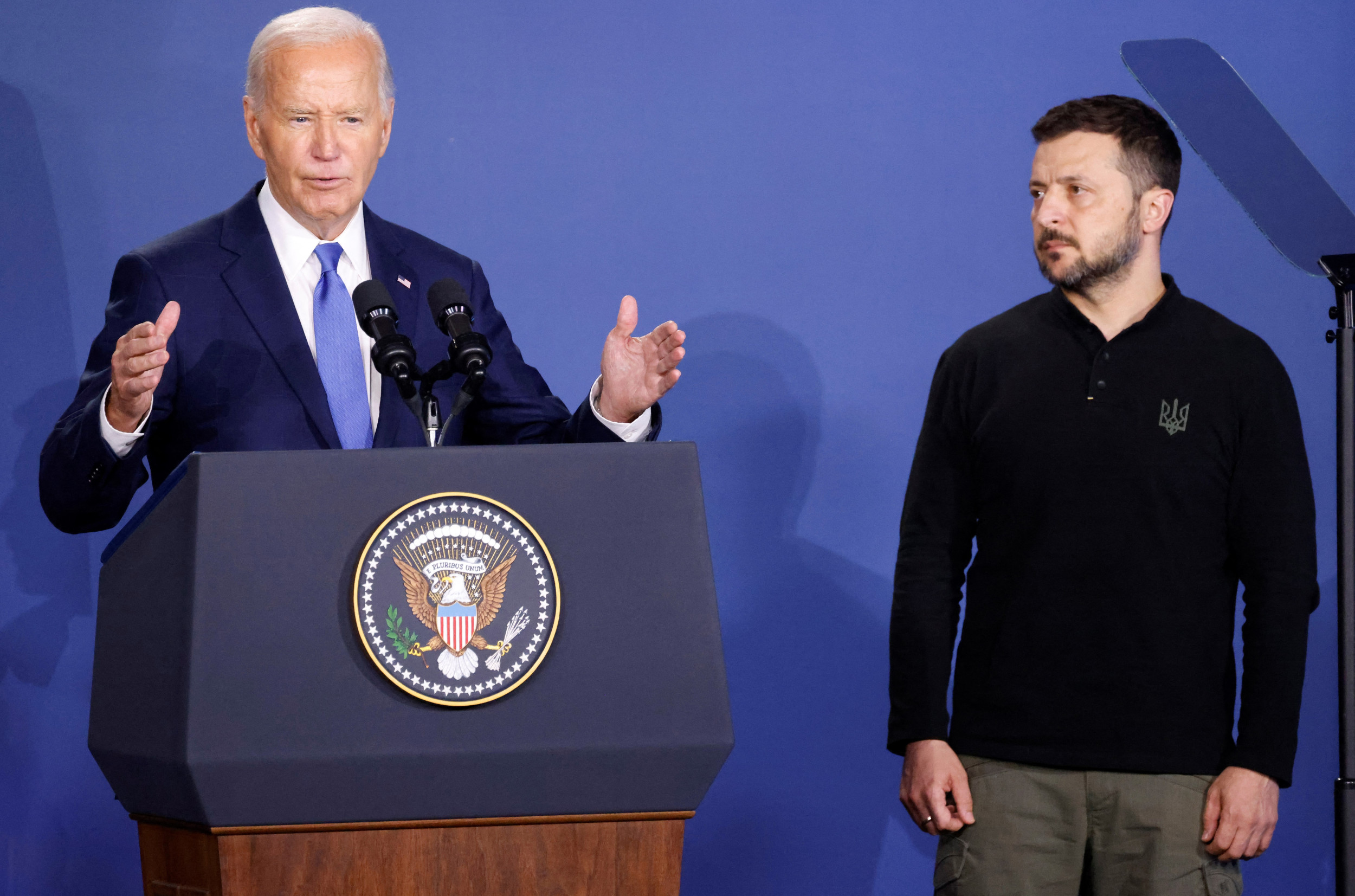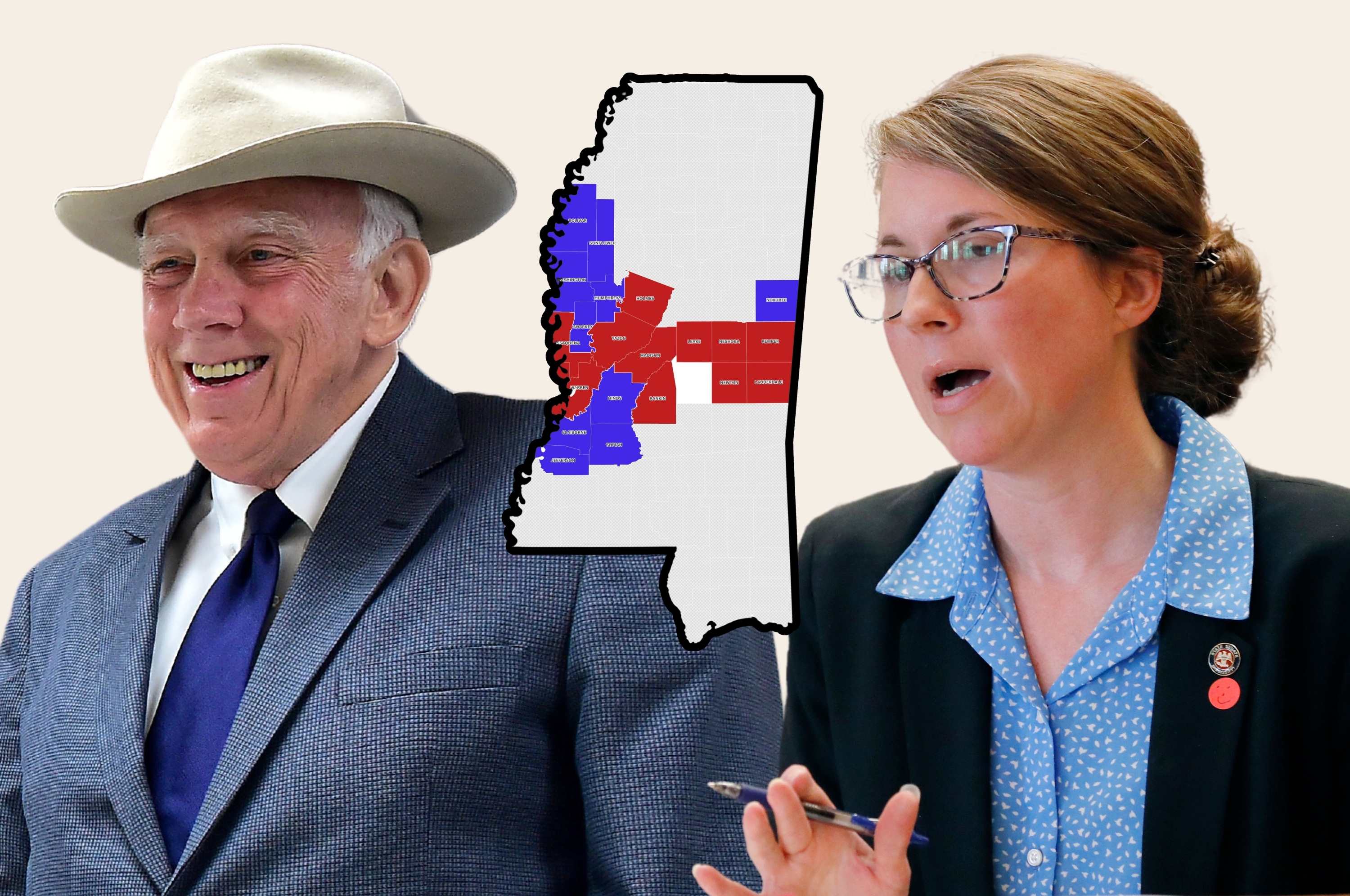The results were decisive.
The president-elect won a second term by more than 2.5 million raw votes, and convincingly in the electoral college. Republicans added four seats in the Senate and three in the House of Representatives to establish a power trifecta. While there were no changes in each party's tally of governorships or major shifts in state legislatures, voters nonetheless solidified a Republican advantage at the state level.
As a result, the returning president declared that he had earned a lot of political capital and intended to spend it.

This is all referring, of course, not to today, but to the re-election of George W. Bush 20 years ago. And it's a cautionary tale, because Bush made the fundamental mistake of misreading his mandate and overreaching on ideas that the American public never signed up for. It killed his second term.
Now, the biggest question in American politics is whether President-elect Donald Trump is about to do the same thing. Sure seems like it.
In Bush's case, his first error was treating a near-tie like a rout. He had not really "earned capital in the political campaign" as he claimed. He had eked out a narrow victory based on the afterglow of the post-9/11 "war on terror" and by redirecting voters' focus onto cultural issues. So, his "capital" had all the staying power of a crypto-bro's bitcoin account.
His second error was trying to cash in this phantom currency on something voters hadn't asked for and didn't want. Despite only one percent of Americans saying Social Security was one of their top priorities, (zero percent for Bush's own voters) Bush launched a quixotic attempt to privatize America's most popular entitlement program. It...didn't go well.
Of course, that debacle wasn't the only thing that cratered Bush's second term. But the rapid, angry voter backlash—the issue cut almost 10 points off his job approval rating in three months—badly weakened him. And weakness is provocative. A politically enfeebled Bush found it harder and harder to overcome other setbacks, like the increasing quagmire in Iraq, a growing backlash to the cultural conservatism of 2004 on issues like gay marriage, and the fumbled response to Hurricane Katrina. He left office with one of lowest approval ratings ever.
Is Trump about to repeat this history?
The setup is certainly there. Note the eerie similarity between Bush's election results and Trump's: the numbers are virtually identical—a clear win, but hardly a crush. Nor would it be the first time a president fell into a mandate trap: they almost invariably do, because it's so tempting to claim that voters love you and all of your ideas. And boy does Trump love to claim that.
But whether hubris turns into overreach comes down to whether Trump and his team can accurately read what voters are asking for. While that's usually more art than science, this year, the post-election analysis makes it clear.
The research consortium Blueprint finds that "The top reasons voters gave for not supporting Harris were that inflation was too high (+24), too many immigrants crossed the border (+23), and that Harris was too focused on cultural issues rather than helping the middle class (+17)" (among swing voters, that last concern about cultural issues was the strongest reason). Polling firm Navigator Research confirms that Trump's best assets were voters' belief that he would "secure the border and fight illegal immigration" and "fix our economy and get things back to the way they were when he was president last time."
The TLDR: Trump can reasonably claim a mandate to maintain low inflation, tighten the border, and ratchet back progressive culture a bit. Simple.
At the same time, Trump would be wise to remember a few important points. Voters prioritized the economy over immigration by a three to one margin. While voters thought Vice President Kamala Harris had gotten too woke, only 8 percent cited a candidate's position on transgender issues as a reason for their vote. And during Trump's first term, his child separation policy created an angry public recoil, with polling numbers at almost the exact same level as Bush's Social Security privatization.
In other words, go too far, and your "mandate" can turn sour pretty quickly. Trump seems not to have gotten that.
Voters' clearest message is, whatever you do, don't create another round of inflation. But that is exactly what his tariff plan would do, and his cabinet picks and messages to European allies seem to be signaling his intention to follow through on it bigly.
If the president throws resources at border control and follows through on targeted deportation of undocumented immigrants, he'll be on very solid ground with the electorate. But if he veers into cruelty again or follows through on mass deportations using the military, stalling the economy and bumping up inflation, he'll find himself standing on a sinkhole. Did I mention that he named the architect of the child separation policy, Stephen Miller, as his lead staffer on policy?
Cut back on DEI training in the federal government? No problem. Obsess about trans folks? Watch the worm turn.
And guess what else is nowhere to be found on voters' priority list? Chaos.
Voters gave Trump a pass on the bedlam of the first term, and the disaster of 2020, largely because they forgot about it in a post pandemic haze. If Trump makes them relive it, they are unlikely to appreciate the reminder.
So, if Robert F. Kennedy, Jr. wants communities to reconsider a lower priority policy like water fluoridation, sure. But if he undermines people's access to insurance through the Affordable Care Act, not so much. And remember that vaccines have prevented the deaths of more than a million American children in the past three decades. Trump will let RFK "go wild" on that at his peril. (Also, Don, here's a hint: don't let Dr. Oz mess too much with people's Medicare. Just sayin'.)
Above all else, Trump should remember that he's facing the headwinds of history. Every midterm of the last 20 years has gone against the sitting president. The fastest way to make the backlash a certainty is to overreach. And that seems to be where he's headed.
Matt Robison is a writer, podcast host, and former congressional staffer.
The views expressed in this article are the writer's own.



















 English (US) ·
English (US) ·